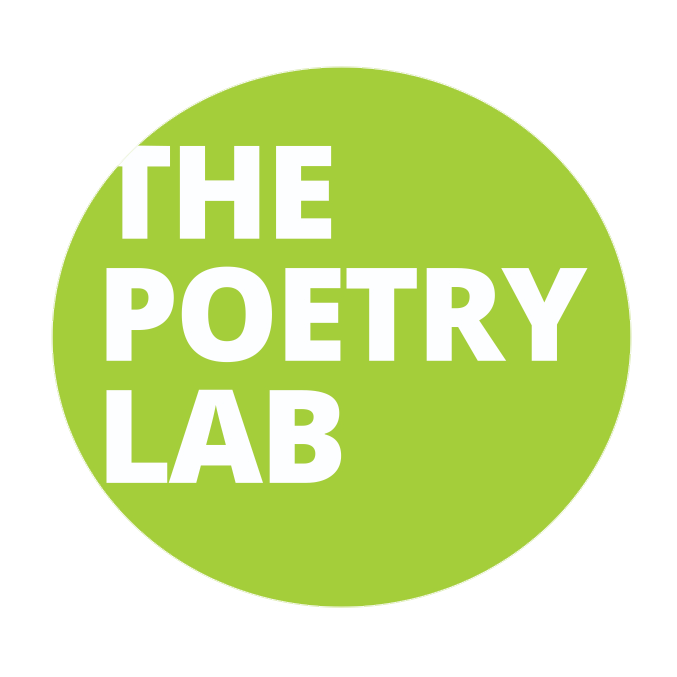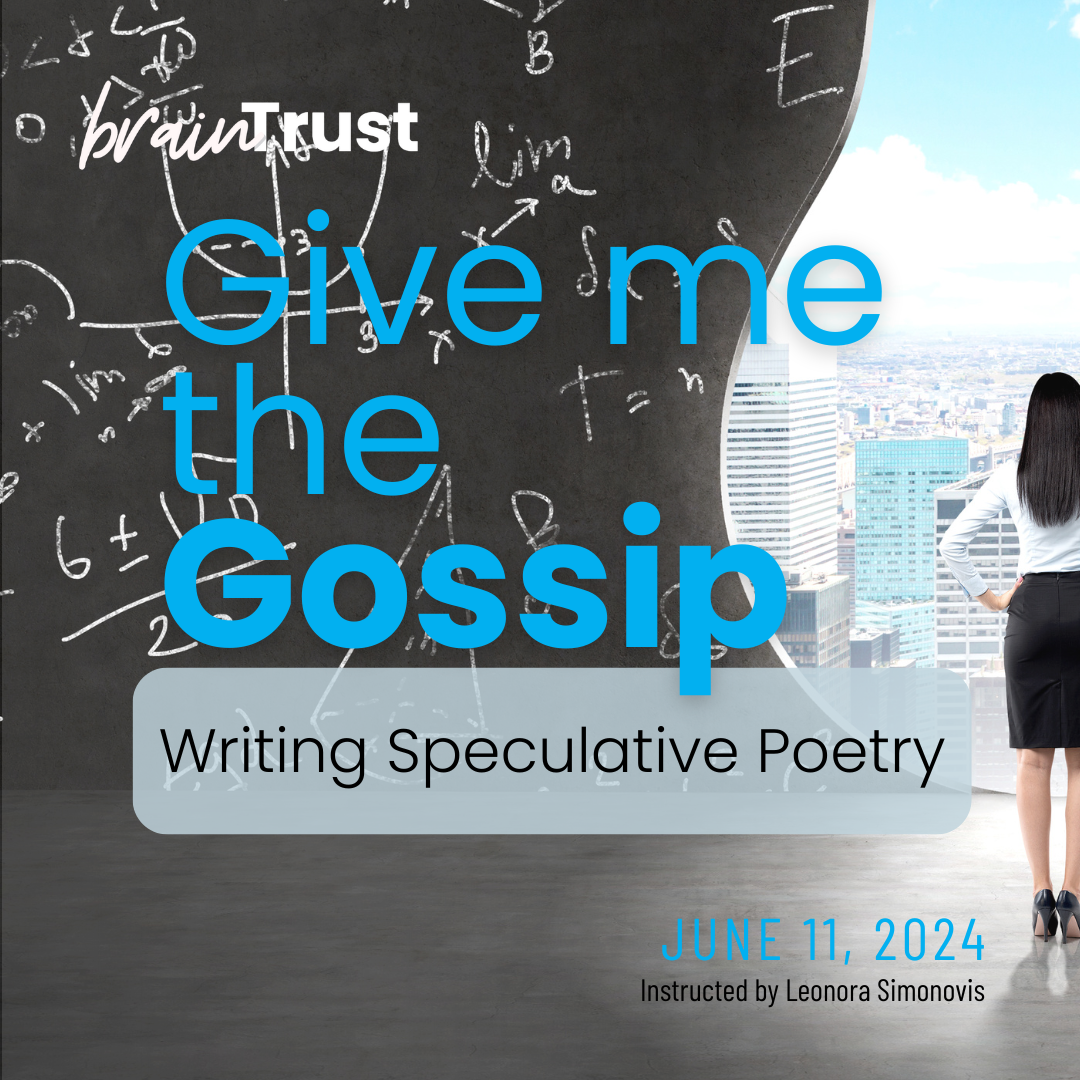More than Human Worlds: 5 Important Ecopoems
Every year on April 22nd we get to celebrate one of the coolest beings in the whole universe: Mother Earth or Pachamama—a name used by some indigenous cultures in the Western hemisphere.
The first Earth Day was celebrated in 1970 with a series of events that were meant to create awareness about environmental concerns and the role human beings played in them. The Library of Congress gives a great overview of Earth Day’s history and includes resources to learn more and celebrate.
As a poet, I find that one of the greatest ways to celebrate the earth is by reading poems about the natural world, its ecosystems, and the beings that share the planet with us. If you don’t know what an ecopoem is, don’t worry—I’ve got you. An ecopoem is a poem that explores environmental issues such as the climate crisis and how it affects both the human and the more than human worlds.
An ecopoem can be about endangered and at-risk species, the displacement of fauna and flora in urban communities, pollution, and other issues. John Shoptaw explains what ecopoems are and advocates for the writing of ecopoems in this article.
The following poems are the ones I go back to over and over, because of how they weave together history, story, environmental concerns, race, gender, and social issues while carefully balancing the content with craft elements such as line breaks, punctuation, and structure.
1 “Sanctuary” by Camille Dungy
This heartbreaking poem begins by describing what seems like a regular interaction between an elephant and her caretaker. But in the third line, the poem turns to show the reader how not everything is as it seems:
The way she holds her huge limb forward,
patient and expectant, while the slight man
untethers the old prosthetic, a cage of metal,
polyurethane, and canvas large enough
that I could stand inside.
The reader expects the caretaker to perhaps clean or brush the elephant’s leg, but instead, is confronted with the reality of the elephant
on her three remaining legs
while the man strokes the nub of her mine
blasted one.
The speaker of this poem has compassion and tenderness, both for the elephant and for the man who takes care of her. If we read between the lines, we realize the poem speaks about the atrocities of war and the damage caused to the environment and to, not just humans, but also other beings that inhabit this planet.
Read “Sanctuary” ↗
This link also includes the audio so you can listen to the author read it 😎
2 “The Ice Age Wolf that Love Is” by David Keplinger
Included in his 2023 poetry collection, Ice, this poem by David Keplinger incorporates the author’s research about the body of a young pup, part wolf and part dog, that was discovered in 2019 under a layer of permafrost in Russia.
The first part of the poem addresses the pup directly in a loving way, filling in the blanks about what might have happened for him to die at such a young age:
My darling whose day has come.
From out of your mother you fell into ice, at play,in a pocket of snow, pure love that dug deep,
as the mama and the others dissolved quicklyand the father who'd gone to the important place
did not return.
The speaker lovingly talks to the pup and the diction matches the tone (“darling,” “mama”), holding space for the sorrow of loss.
In the second part of the poem, the speaker uses direct speech, begging the pup, whose name is Dogor, “don’t harden / your eyes and return to the dead” and to “Remember what you are. Leap into my face.” The poem establishes a connection between the living and the dead by giving commands to Dogor as one would to a beloved pet.
Read “The Ice Age Wolf that Love Is” ↗
and check out this essay about the poem!
3 “Plastic: A Personal History” by Elizabeth Bradfield
Bradfield begins this poem with a question about plastic that speaks to the contradiction between its usefulness and its effects on the planet, “How can I find a way to praise/it.”
The poem continues to talk about all the ways in which plastic has become a necessary evil, how we have consumed it for so long it’s hard to imagine what came before:
Not that long
ago, maybe a decade, I made purses for my sisters
out of putty-colored, red-lettered plastic Safeway
bags. I’d snag a stack each time I went, then fold
and sew, quilt with bright thread, line with thrift store
blouses. They were sturdy and beautiful. Rainproof
and light. Clever. So clever.
These lines reveal the speaker’s complicity, implying that everyone is responsible for the damage done to the environment. Just like at the beginning, the poem ends with questions about the invasiveness of plastic and its durability:
what pearl forms
around a grain of plastic in an oyster?
Is it as beautiful? Would you wear it?
4 “Another Antipastoral” by Vivee Francis
Vivee Francis challenges the romanticized nature of a pastoral poem in this opening poem for her acclaimed collection, Forest Primeval. The poem begins with the line “I want to put down what the mountain has awakened,” and considering the book’s focus on blackness and the history of slavery, among other themes, readers can connect the speaker’s awakening with a deep connection to her past and the past of her ancestors.
There's a bleat in my throat. Words fail me here. Can you understand? I sink to
my knees tired or not. I now know the ragweed from the goldenrod, and the
blinding
beauty of green. Don't you see? I am shedding my skins. I am a paper hive, a wolf
spider,
As the poem unravels into images from the natural world, so does the speaker’s understanding of herself and the past. At the same time, the poem seems to imply how any damage done to human beings also affects the environment, how humans and more than humans are interconnected and in relationship to one another.
5 “Epithalamia” by Joan Naviyuk Kane
An epithalamium is a song or a poem written in honor of a marriage. It’s a form that started in ancient Greece and has a celebratory tone. However, the first stanza for Joan Naviyuk Kane’s “Epithalamia” is anything but:
Butane, propane
and lungful of diesel.
I did not stand a chance.
The author uses the plural form of the word, which means that whatever issues are being spoken of affect the collective, and not just an individual or a couple. The speaker lists 3 different gasses that are harmful to the environment, as well as responsible for pollution, particularly in Alaska where the author is from. The last line has an apocalyptic quality that speaks of a hopeless future.
The four stanzas in the poems are tercets and the short lines provide a direct and truthful approach to a dire situation as the poem continues to talk about climate change—“Everything in exchange, / rain in a frozen season”—until the last stanza, where the speaker refers to love as “an impression / of light, gaunt: there is / nothing to get.”
More Ecopoem resources
I hope this small sample inspires you to read and even write your own ecopoems, as well as to continue to explore and learn. I’ll leave you with a few more links for poems, as well as for a couple of anthologies that cover a wide range of themes related to the environment and that include diverse authors from different time periods and backgrounds.
I also included a prompt at the end, in case you want to try your hand at writing an ecopoem. Have fun!
More Poems:
“Triple Moments of Light and Industry” by Brenda Hillman
“Lyrebird” by Laura Hogan
“Wasteland: on the California Wildfires” by Forrest Gander
“Thirteen Ways of Looking at a Glacier (After Wallace Stevens)” by Craig Santos Perez
“Geodes” by Todd Davis
Anthologies:
Here. Poems for the Planet, edited by Elizabeth J. Coleman (includes poems in translation and a good list of ideas for taking action)
Black Nature: Four Centuries of African American Nature Poetry, edited by Camille Dungy
Prompt
Read Craig Santos Perez’s “Thirteen Ways of Looking at a Glacier (After Wallace Stevens)” and write an after poem with thirteen ways of looking at a being of your choosing (a tree, a jellyfish, a planet, a flower, your favorite animal, a cloud).
Do a little bit of research before you begin to learn more about some of the habits or features of this being, the species it belongs to, and even its scientific name!
Don’t be afraid to experiment and try something new.
This article was published on May 14, 2024. Written by:




